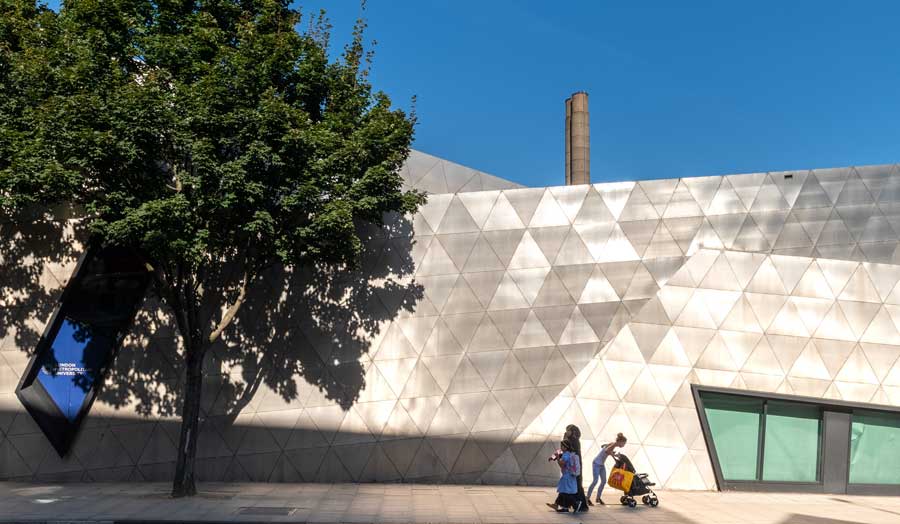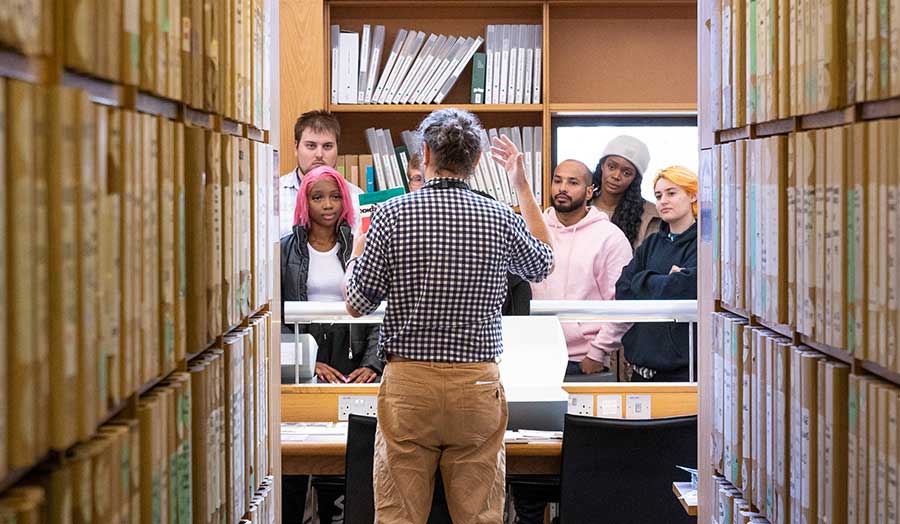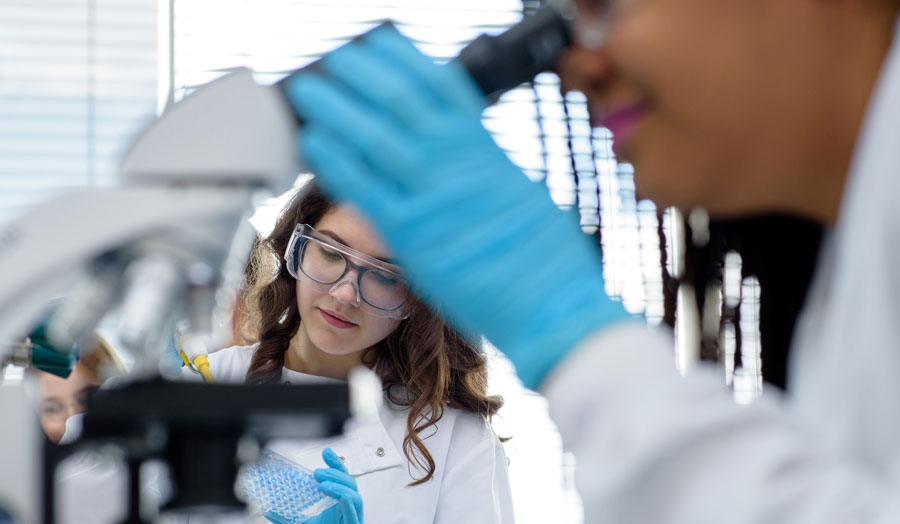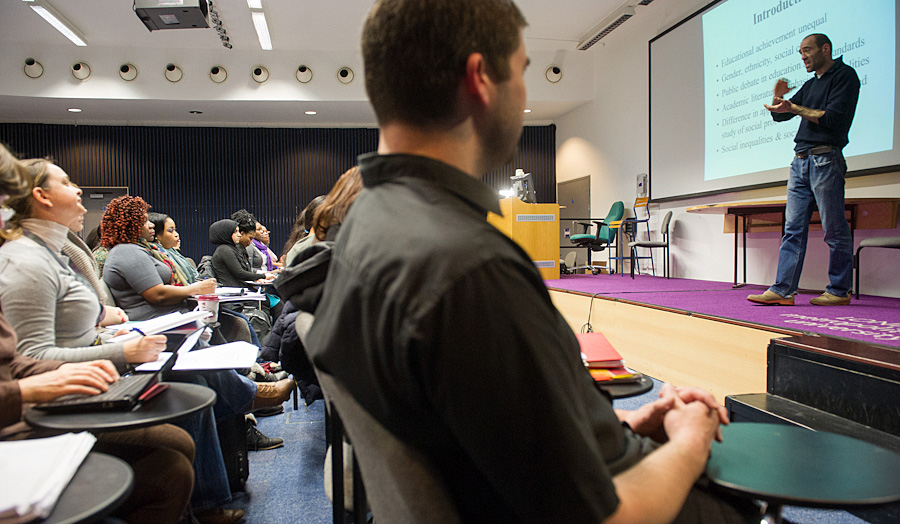Research is central to delivering the highest quality university educational experience. The scholarship that staff undertake makes their teaching unique and this, in turn, impacts positively on what students can learn and aspire to. Equally, student research—whether undergraduate projects, master’s dissertations, or PhD theses—defines us further as the community that we are. Smaller universities, such as ours, gain recognition in certain areas of research simply because they understand that they cannot cover all subjects in equal depth and focus instead on their strengths. London Met, in particular, has an excellent reputation in subjects where high-quality research is connected to the real-world objectives of external partners, both in London and other regions and cities in the UK and internationally.
We are all familiar with what constitutes research and furthermore, research of the highest quality. The metrics of measurement are clear, and we are confident we can continue to support work of the highest quality and standards.
Knowledge exchange (KE) is a newer concept. Broadly, it embraces many facets of the work that we do and is a natural expression of our research. More specifically, KE is defined as ‘a two-way exchange between researchers and research users, to share ideas, research evidence, experiences and skills. It refers to any process through which academic ideas and insights are shared, and external perspectives and experiences brought in to academia’ by the Econmic and Social Research Council. The Office for Students also has a usable definition:
‘Knowledge exchange is a process which brings together academic staff, users of research and wider groups and communities to increase the impact of research.’
Where a body of research empowers and influences partners both inside and outside the academy and then becomes an Impact Case Study for the Research Excellence Framework (REF), we see the perfect alignment of all elements of the Research and KE journey.

Read our full Research and Knowledge Exchange Strategy 2020/21 - 2024/25 (PDF).
If you have questions about our Research and Knowledge Exchange Strategy, please get in touch with our Research and Postgraduate Office.

.jpg)



.jpg)